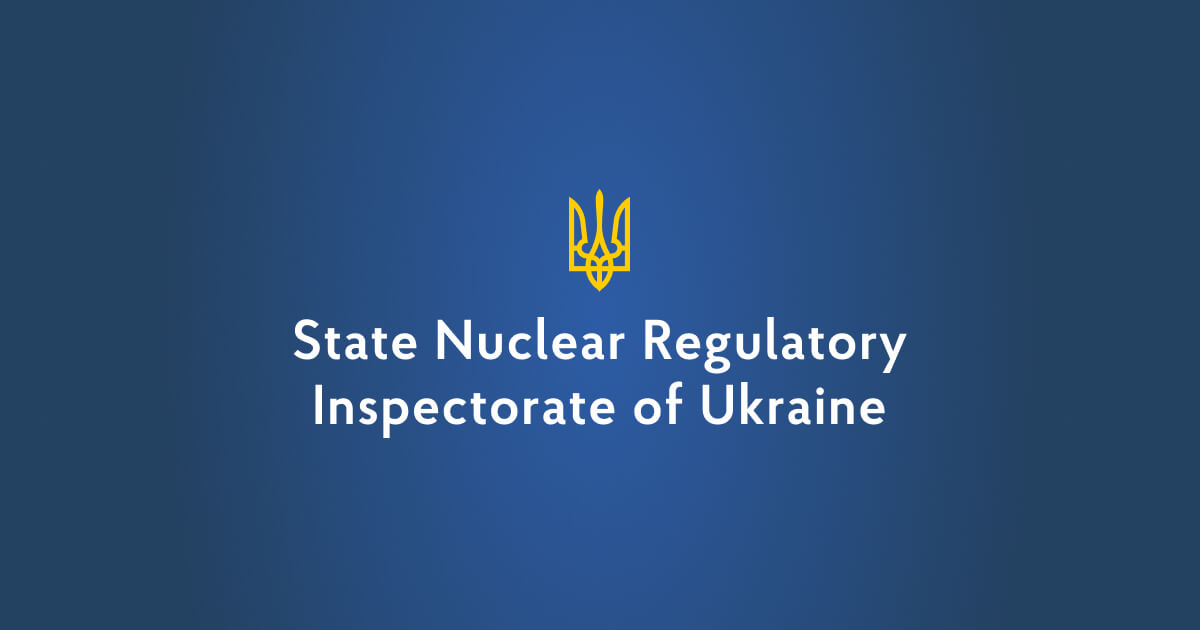The Russian troops who took and held the shuttered Chernobyl nuclear power plant have moved out and turned the plant back over to the Ukrainians on March 19th. The two hundred Ukrainians who were at the plant when the Russians took over on February 24th, were held hostage for twenty-five days with no relief workers allowed in. Many of the workers live in Slavutyhch which is outside the Chernobyl exclusion zone. The International Atomic Energy Agency (IAEA) said in its April 3rd update that Ukraine had told them that there were preparations to rotate staff at Chernobyl. This was to include an assessment of security for staff moving to and from Chernobyl.
The IAEA and the State Nuclear Regulatory Inspectorate for Ukraine (SNRIU) have both stressed the requirement for nuclear power plant staff to be well rested to reduce the risk that mistakes will be made in the management of the plant. The SNRIU also told the IAEA that it was analyzing the possibility of resuming regulatory control of Chernobyl now that Russian troops have departed.
Rafael Mariano Grossi is the Director General of the IAEA. Last week he held talks about safety measures and assistance that the organization could provide with senior Ukrainian officials during a visit to the Zaporozhe nuclear power plant in South Ukraine which is currently occupied by Russian troops.
Grossi also held talks with senior Russian officials in Kaliningrad and said that he had secured separate agreements with them relating to safety and assistance intended to protect nuclear facilities with both sides. It had originally been intended to secure a single three-party agreement but that would have taken longer to achieve because it would have required “draft after draft” being exchanged and reviewed. Grossi also said that he would "head an IAEA assistance and support mission to the Chernobyl nuclear power plant as soon as possible. It will be the first in a series of such nuclear safety and security missions to Ukraine."
Following his meeting with the IAEA on Friday, Alexey Likhachev, the Director General of Rosatom, the Russian state-owned nuclear company, said he welcomed the "professionalism", "balanced ... depoliticized approach" and "concentration of attention and efforts on nuclear safety issues" of the IAEA. He categorized the talks as about "security, security and security". He added that the "The main task of Rosatom is to do everything necessary and assist the IAEA in the safe operation of Ukrainian nuclear facilities."
On April 3rd, the IAEA reported that it was still not receiving the automatic monitoring data transmissions from Chernobyl and its surrounding area, although it does continue to receive the data from the four operational nuclear power plants in Ukraine, including Zporozhe, which still remains under the control of the Russian Forces.
On April 4th, Ukraine’s nuclear power plant operator Energoatom, said that all four of Ukraine’s nuclear power plants were operating within safe limits. It said that seven of the fifteen nuclear power reactors in the country were currently operating. The other eight reactors are shut down for regular maintenance.
Energoatom said that the Zaporozhe staff are able to rotate but are searched at checkpoints. The Ukrainian staff are still required to gain approval from the Russian occupiers for technical decisions. Energoatom also said that the staff at Zaporozhe could not be well rested while living under Russian occupation.
